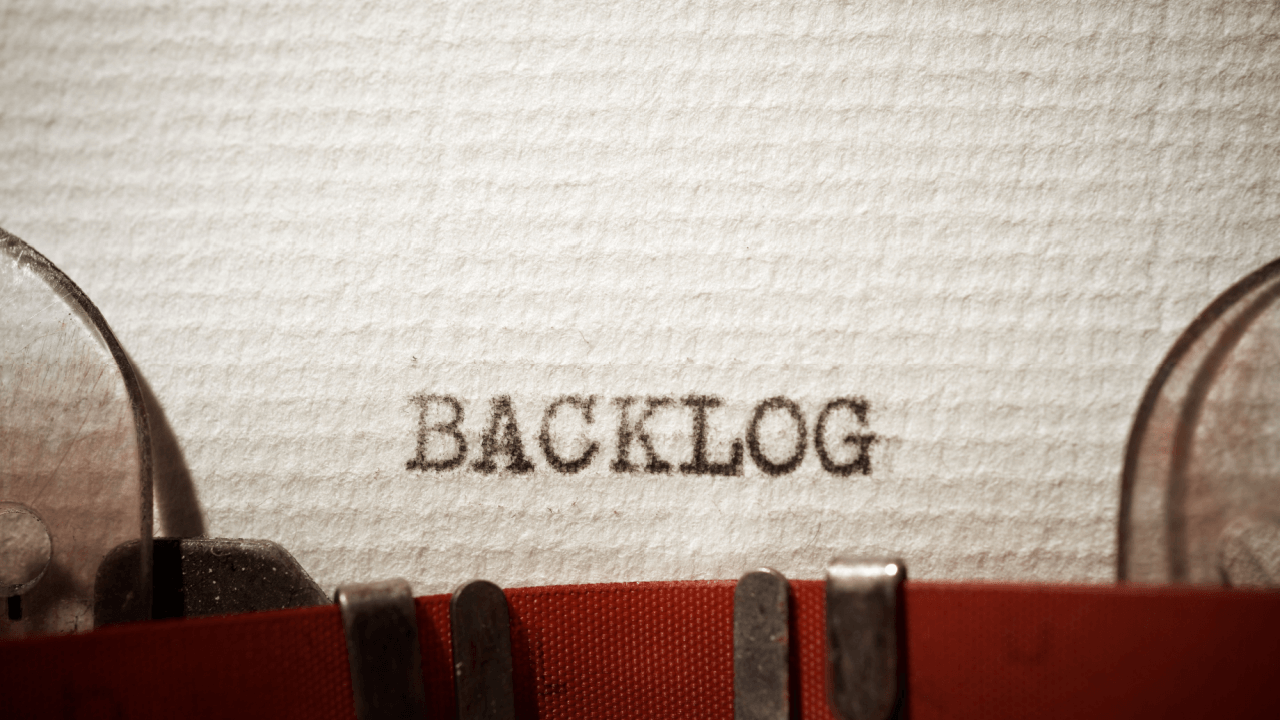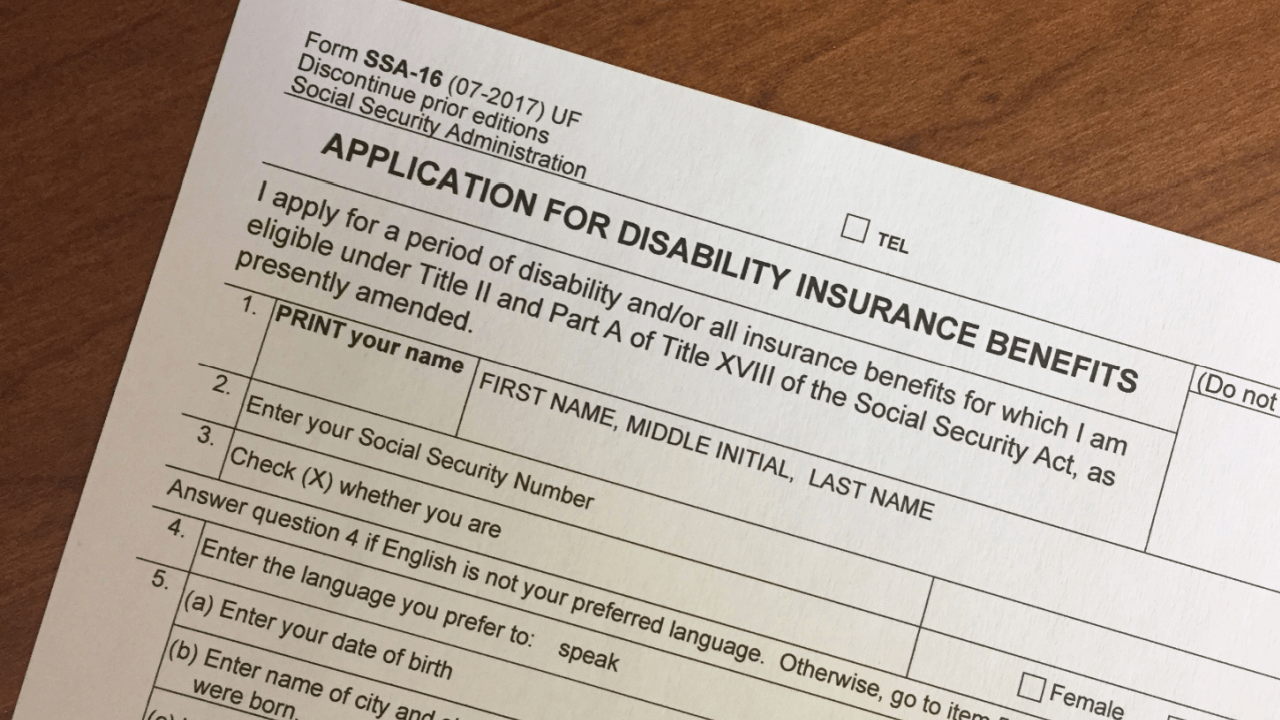
What Happens After SSDI Reconsideration is Denied | Your Legal Options
Immediate Next Steps: What Happens After SSDI Reconsideration is Denied
What happens after SSDI reconsideration is denied can feel overwhelming, but you still have important legal options available. When the Social Security Administration (SSA) denies your reconsideration request, you’re not at the end of your disability benefits journey. The appeals process continues with several additional stages designed to ensure fair review of your case.
After receiving your reconsideration denial notice, you have exactly 60 days to file the next level of appeal. This critical deadline cannot be extended, so immediate action is essential to preserve your rights to disability benefits.
The Social Security Administration provides multiple appeal levels specifically because they recognize that initial decisions may not always capture the full scope of a claimant’s disability. Understanding what happens after SSDI reconsideration is denied empowers you to make informed decisions about your next steps.
Understanding Appeals Process: Administrative Law Judge Hearing
When considering what happens after SSDI reconsideration is denied, the Administrative Law Judge (ALJ) hearing is a key stage in the appeals process. According to theSocial Security Administration outcomes at different appeal levels may vary compared to earlier stages of the process.
During an ALJ hearing, you’ll present your case before an independent administrative law judge who wasn’t involved in previous denial decisions. This hearing allows you to:
Present New Evidence
- Submit updated medical records
- Provide testimony from treating physicians
- Include vocational expert opinions
- Present witness testimony about your limitations
Address Previous Concerns
The ALJ hearing gives you the chance to directly address reasons for previous denials. Many claimants who understand what happens after SSDI reconsideration is denied use this opportunity to strengthen weak areas in their original application.
The Office of Disability Adjudication and Review typically schedules hearings within 12-18 months of filing your request. While this seems lengthy, it provides valuable time to gather additional medical evidence supporting your disability claim.
Final Review Stage: Appeals Council and Federal Court Options
What happens after SSDI reconsideration is denied extends beyond ALJ hearings if necessary. Should the administrative law judge deny your case, two additional appeal levels remain available.
Appeals Council Review
The Appeals Council serves as the SSA’s final administrative review level. Located in Falls Church, Virginia, this council reviews ALJ decisions for legal errors or policy violations. The Appeals Council may grant review, deny review, or remand cases back to ALJ level for further proceedings.
Appeals Council approval rates remain relatively low, but they serve an important quality control function within the disability determination process. Understanding what happens after SSDI reconsideration is denied includes knowing this safety net exists.
Federal Court Appeal
If the Appeals Council upholds the ALJ denial, federal court represents your final appeal option. Federal courts review whether the SSA’s decision was supported by substantial evidence and followed proper legal procedures.
Many disability attorneys from firms like Social Security Disability specialize in federal court appeals, bringing expertise crucial for navigating complex legal procedures at this level.
Recovery Path Forward: What Happens After SSDI Reconsideration is Denied
What happens after SSDI reconsideration is denied shouldn’t discourage you from pursuing rightful disability benefits. Some individuals pursue multiple appeal levels, including ALJ hearings, to seek further review of their claims.
The process often involves gathering comprehensive medical evidence, understanding SSA’s evaluation criteria, and considering whether to seek legal representation. Many disability attorneys work on contingency, meaning attorney fees are typically owed only if benefits are awarded.
Understanding what happens after SSDI reconsideration is denied can help you evaluate available appeal options. Each appeal level provides a fresh review by different decision-makers, increasing your chances of fair evaluation.
Get Legal Help: What Happens After SSDI Reconsideration is Denied
Don’t navigate what happens after SSDI reconsideration is denied alone. Professional legal assistance may help individuals understand appeal requirements and prepare their cases. Social Security Disability attorneys understand complex regulations and can assist with preparing materials for an ALJ hearing.
Frequently Asked Questions
1. How long do I have to appeal after SSDI reconsideration is denied?
You have exactly 60 days from receiving your denial notice to file your next appeal level, which is typically an ALJ hearing request.
2. What factors are considered at the ALJ hearing level?
ALJ hearings have significantly higher approval rates than initial applications, with success rates often exceeding 50% depending on your specific disability type and evidence quality.
3. Can I submit new medical evidence after reconsideration denial?
Yes, you can and should submit updated medical records, doctor opinions, and other relevant evidence when filing your ALJ hearing request.
4. Do I need an attorney for what happens after SSDI reconsideration is denied?
While not legally required, disability attorneys significantly improve your chances of success and handle complex procedural requirements on your behalf.
5. How long does the ALJ hearing process take?
ALJ hearings typically occur 12-18 months after filing your request, though timeframes vary by region and hearing office workload.
Key Takeaways
- 60-day deadline: You must file your next appeal within 60 days of reconsideration denial
- ALJ hearings: Administrative law judge hearings represent an additional review stage in the appeals process
- New evidence helps: You can submit additional medical records and expert testimony at the hearing level
- Multiple appeal stages: Appeals Council and federal court options remain if the ALJ denies your case
- Legal representation: Some individuals choose to work with disability attorneys when navigating the appeals process


